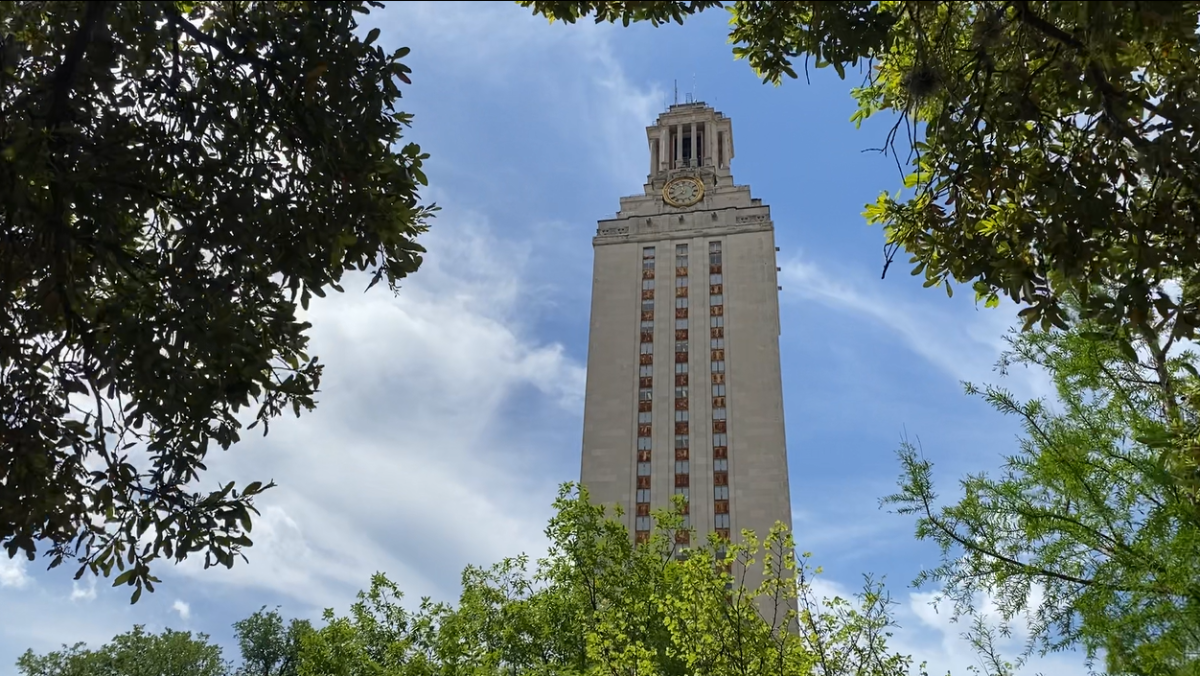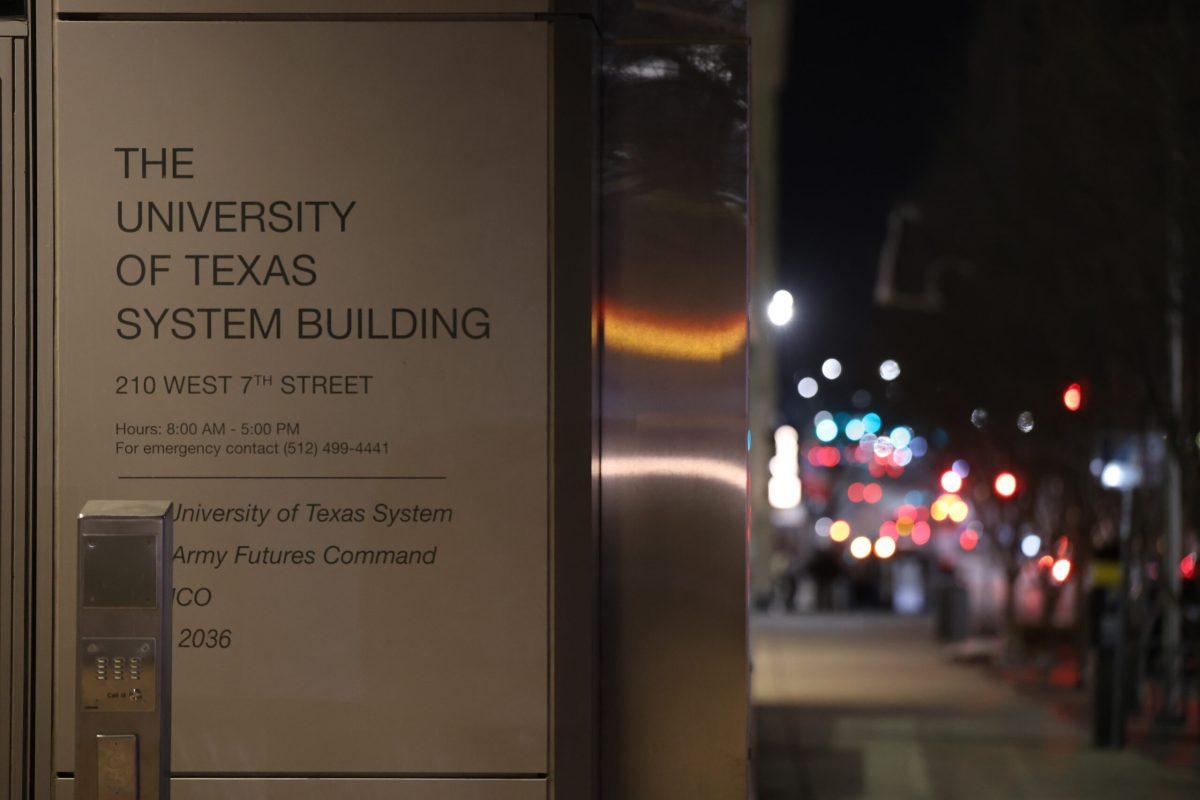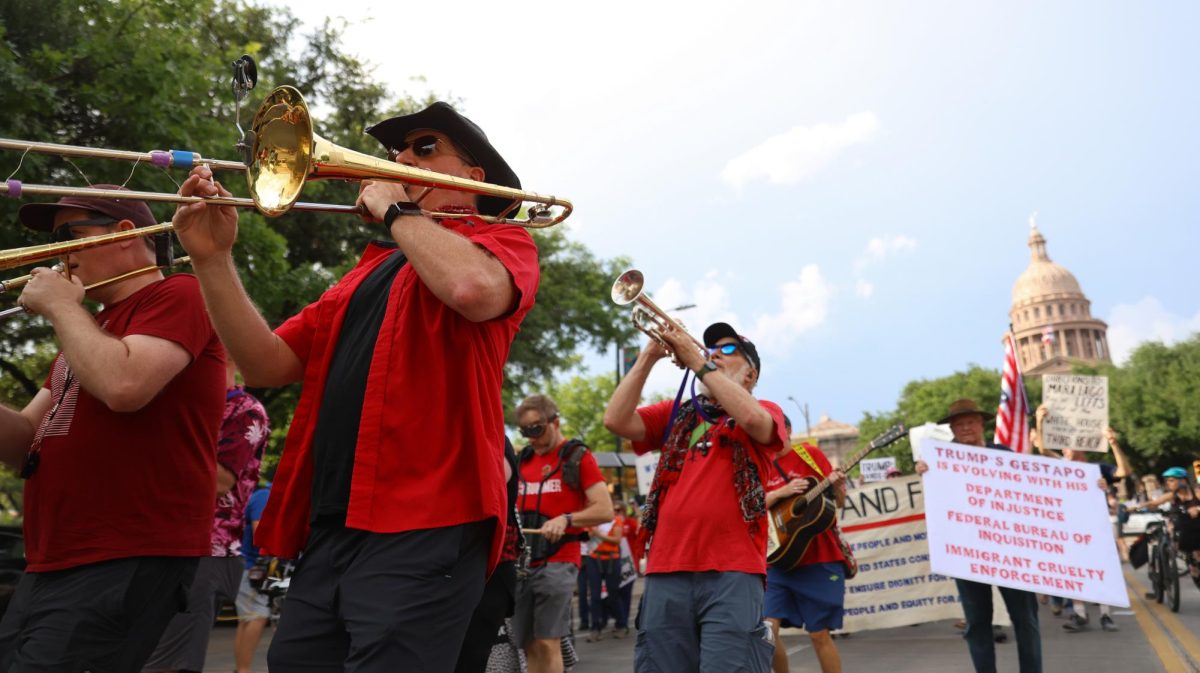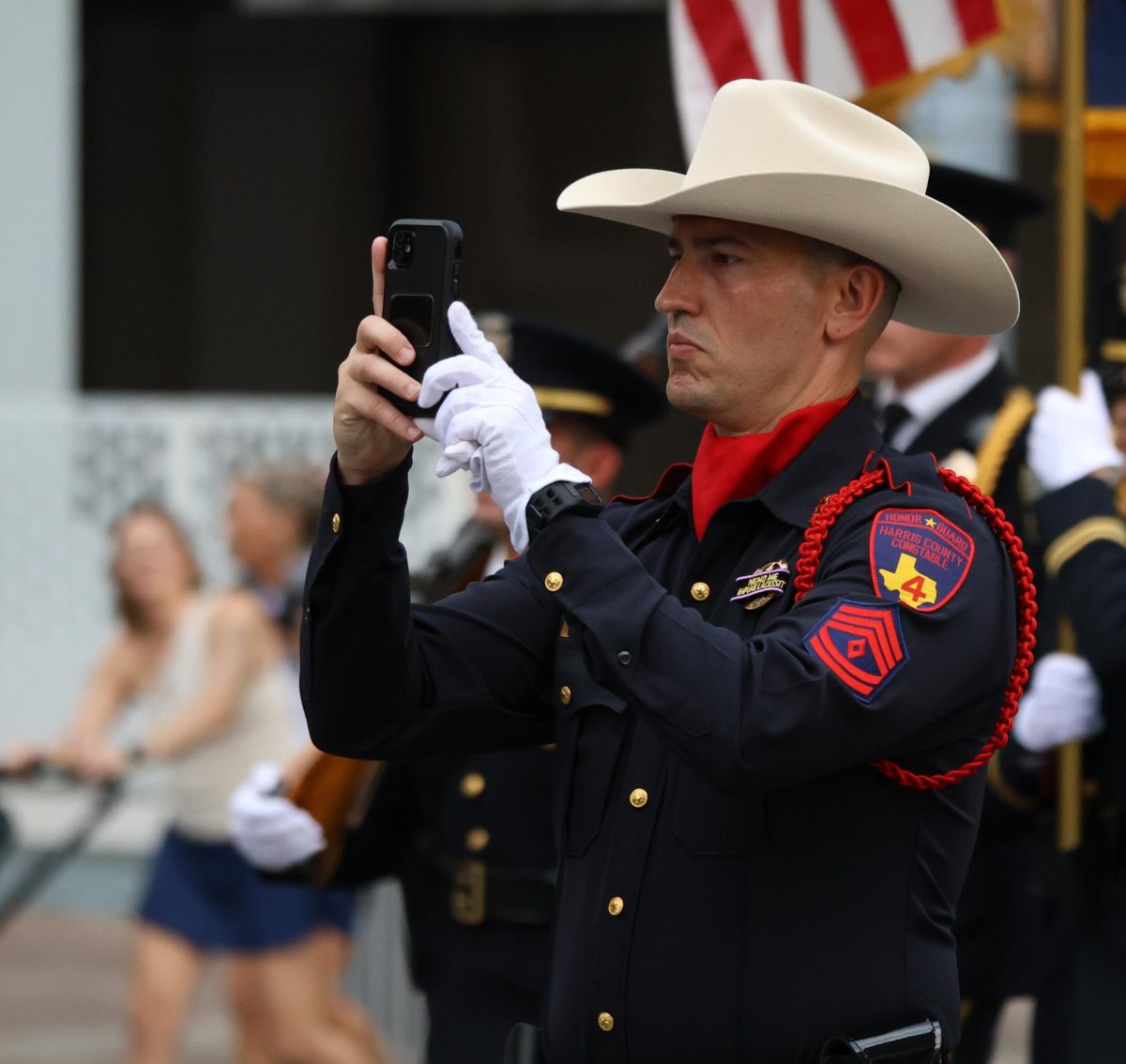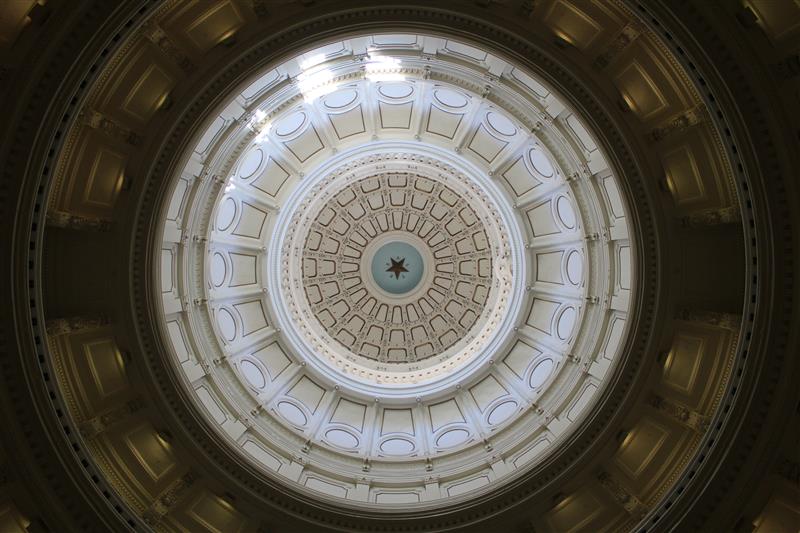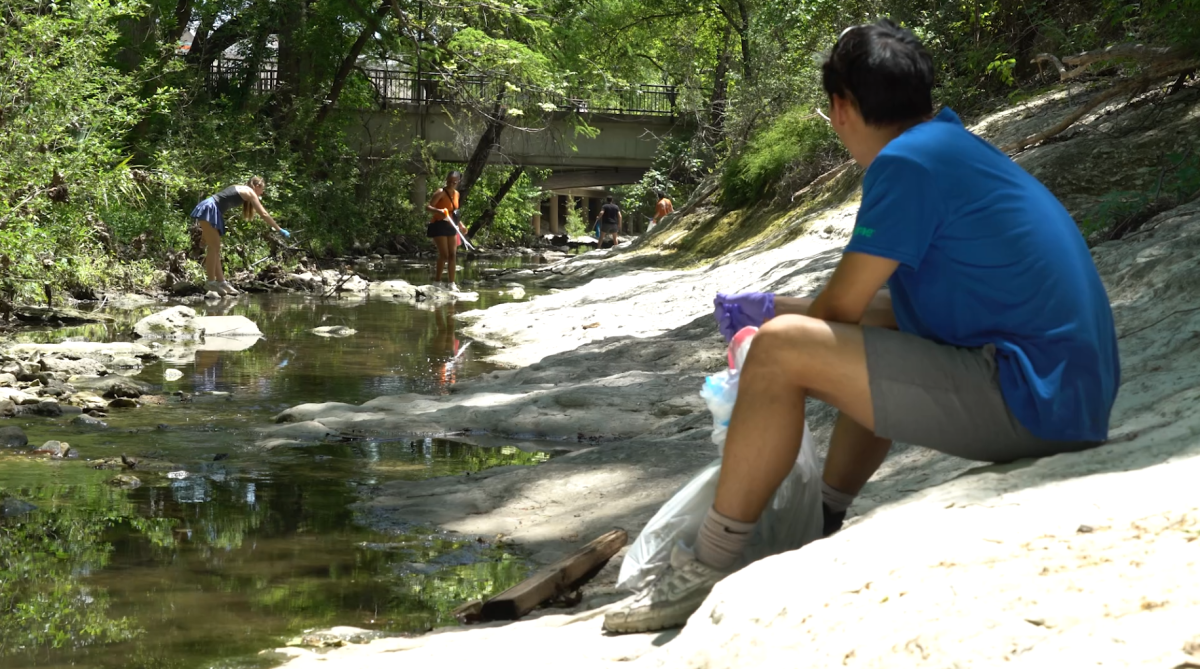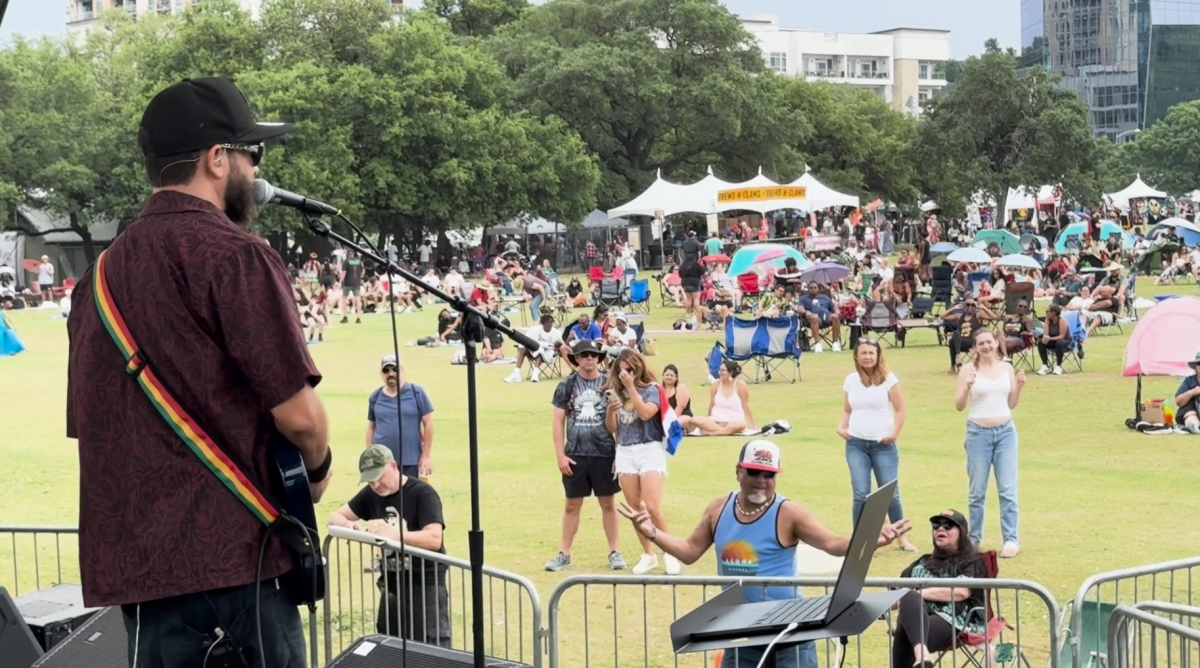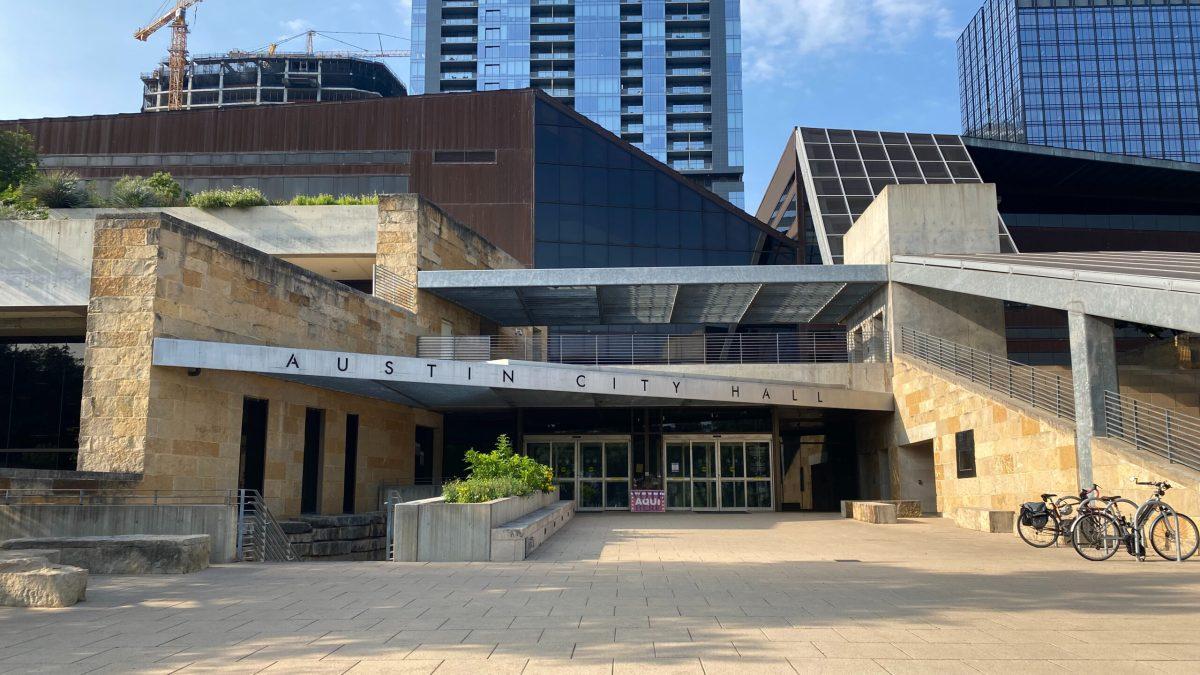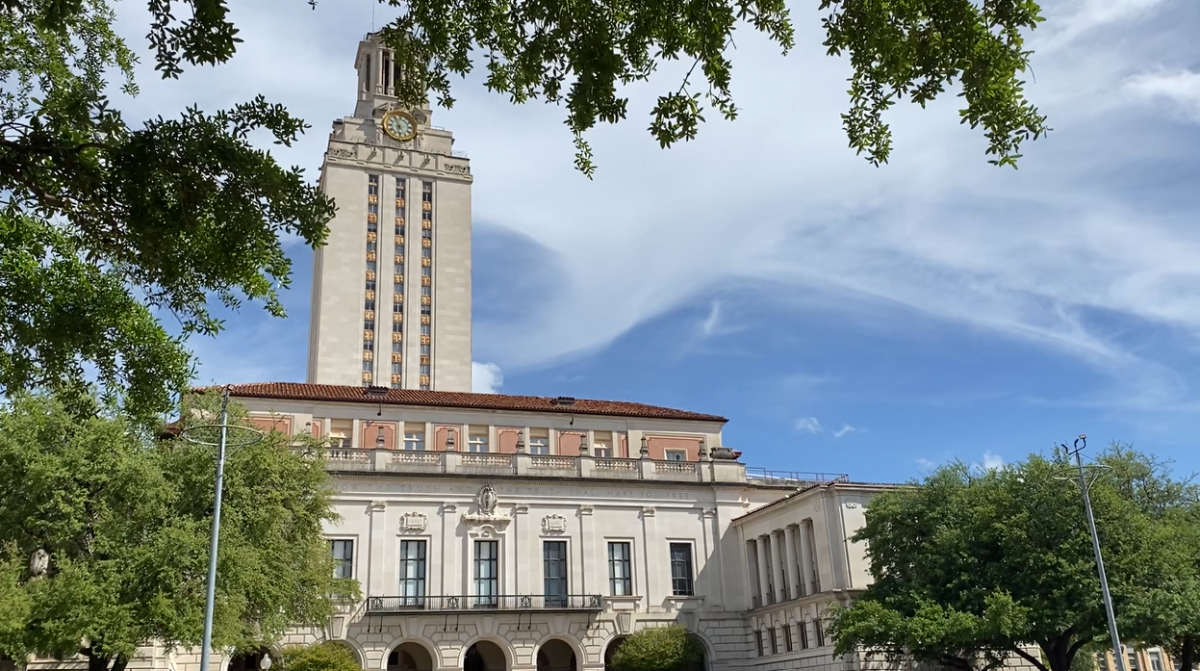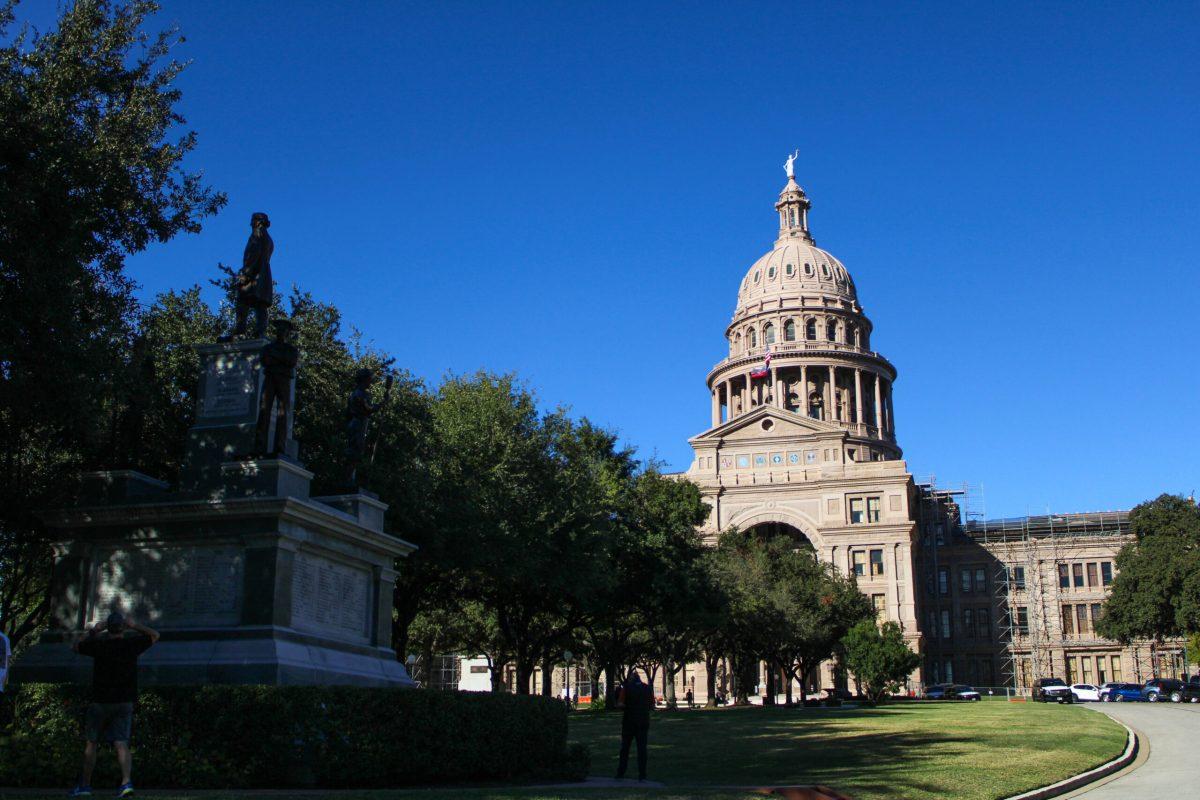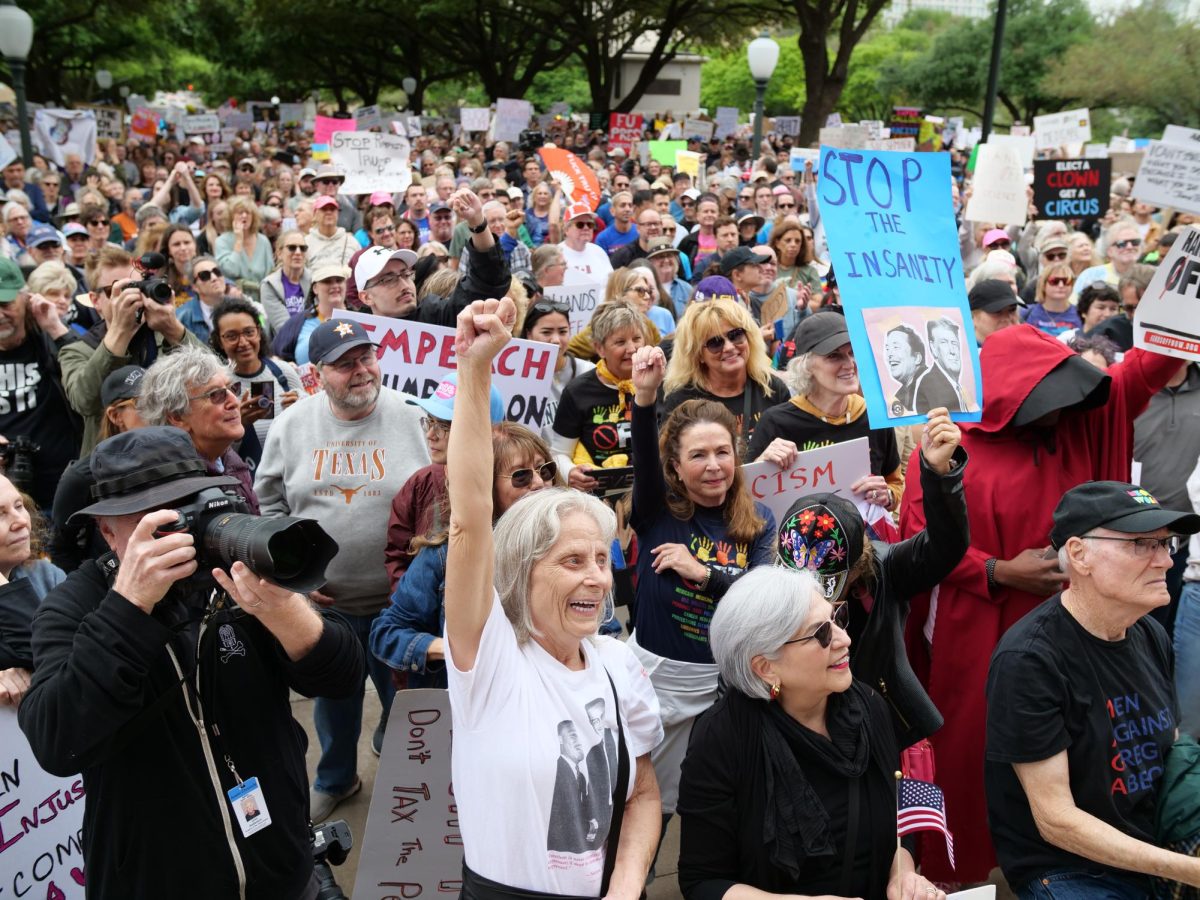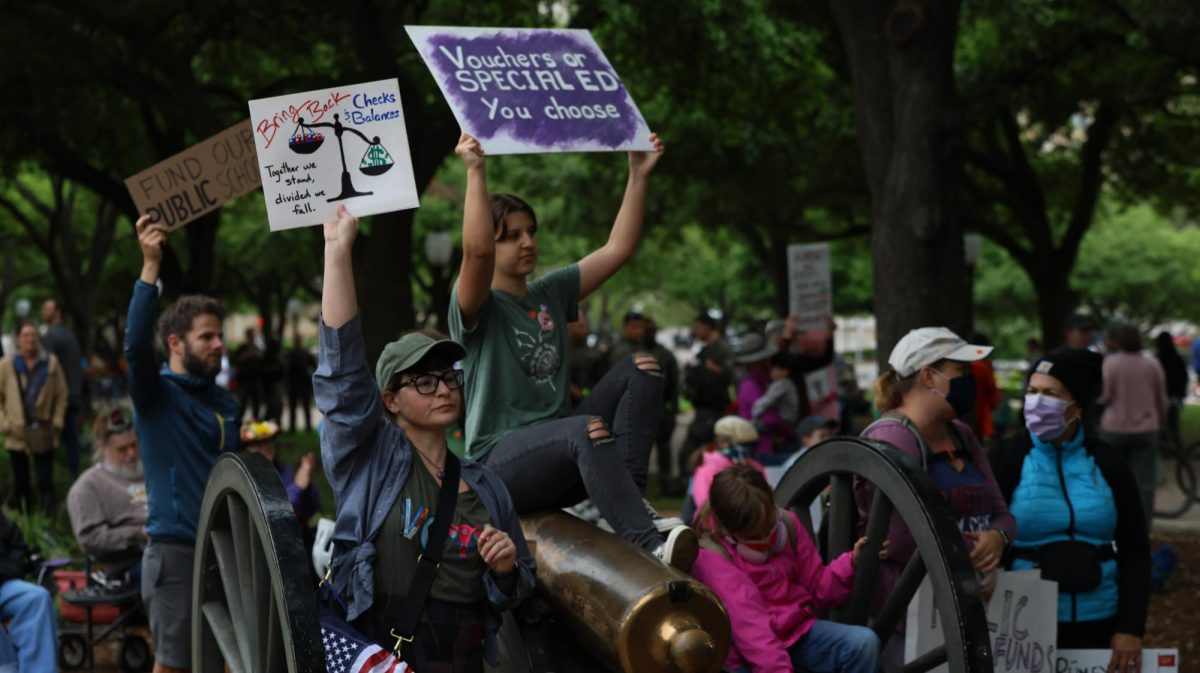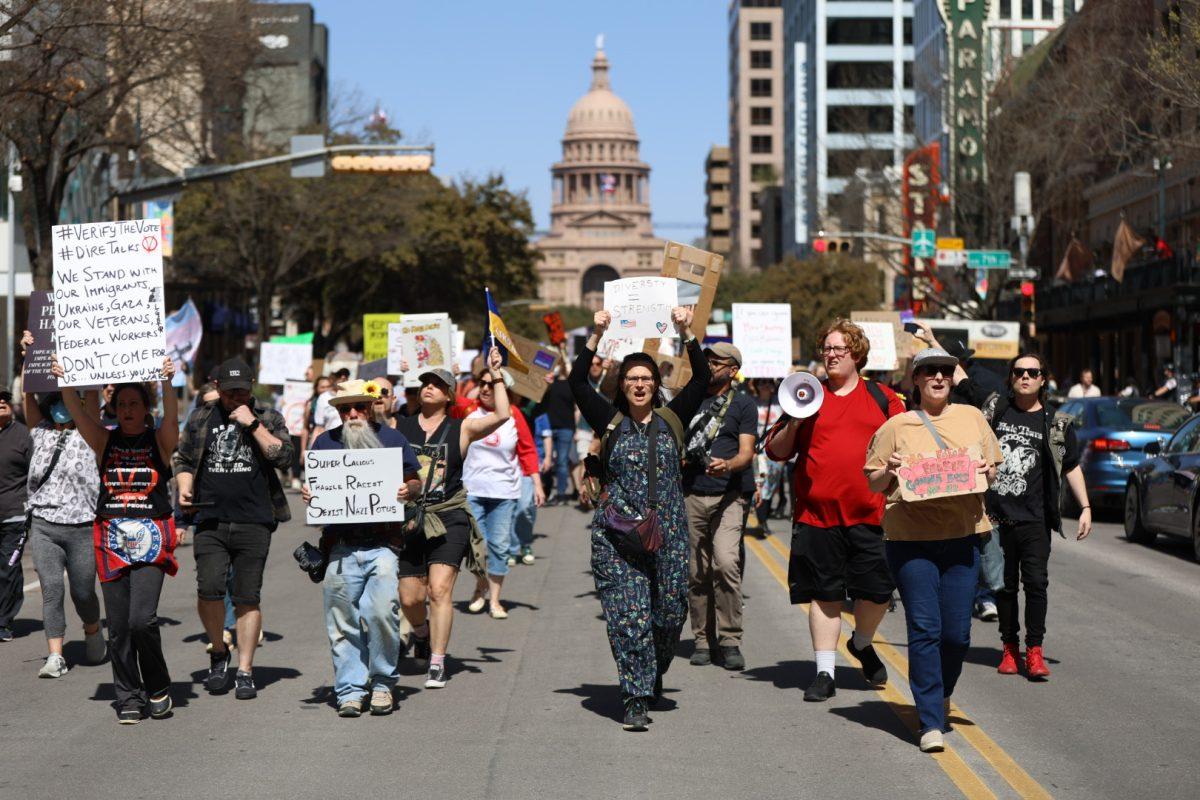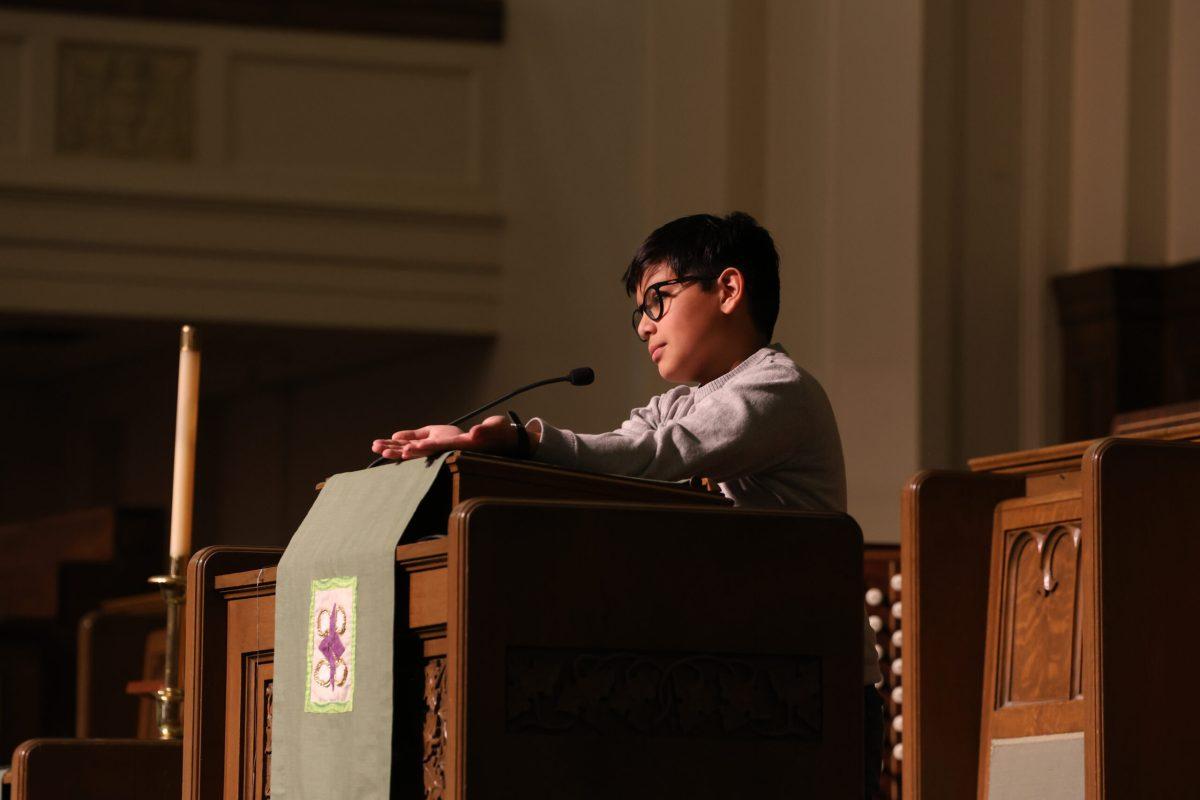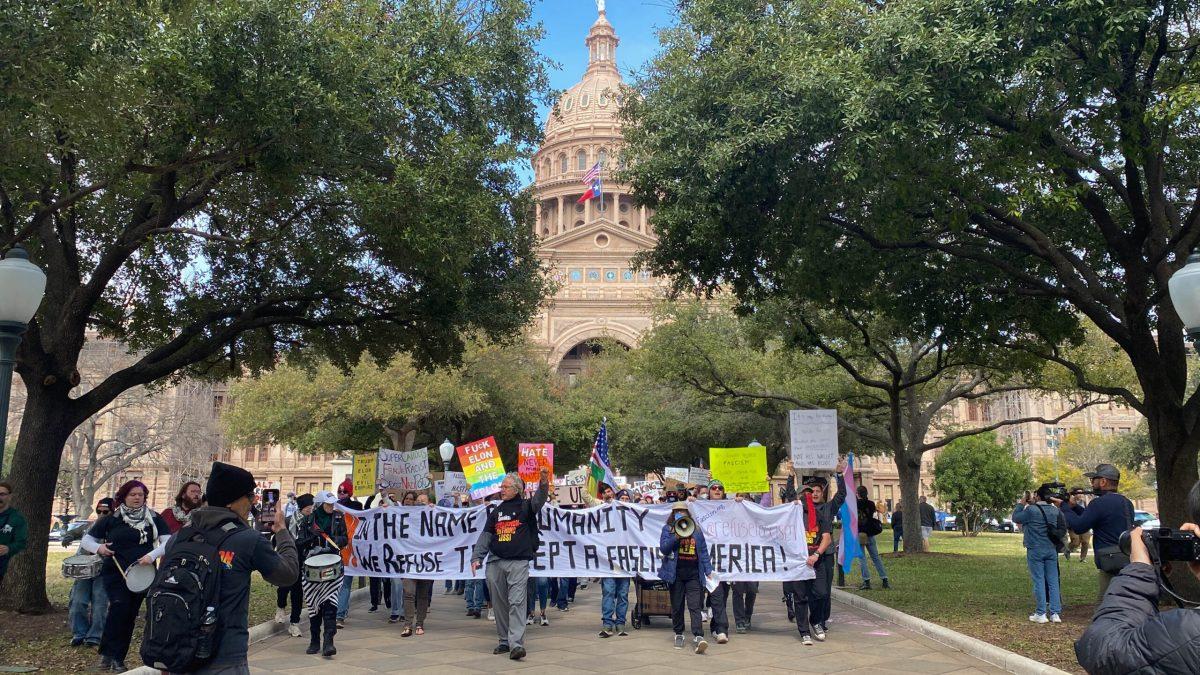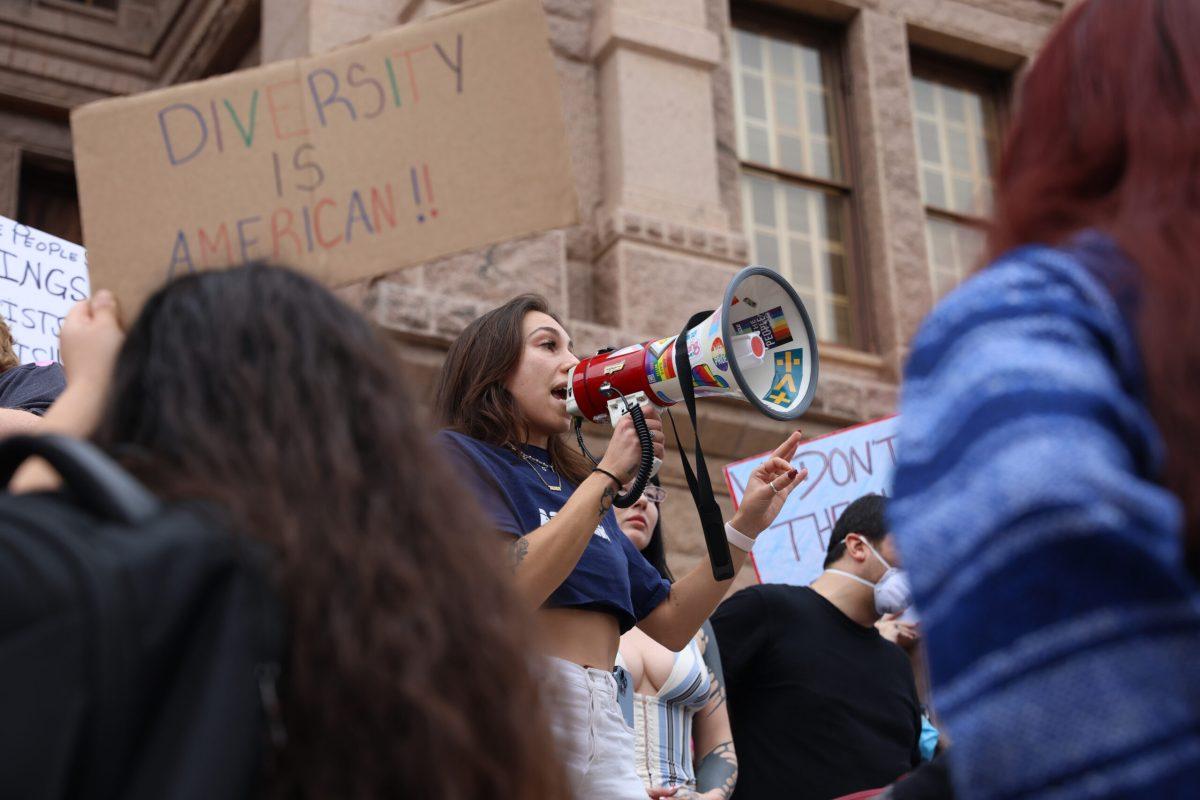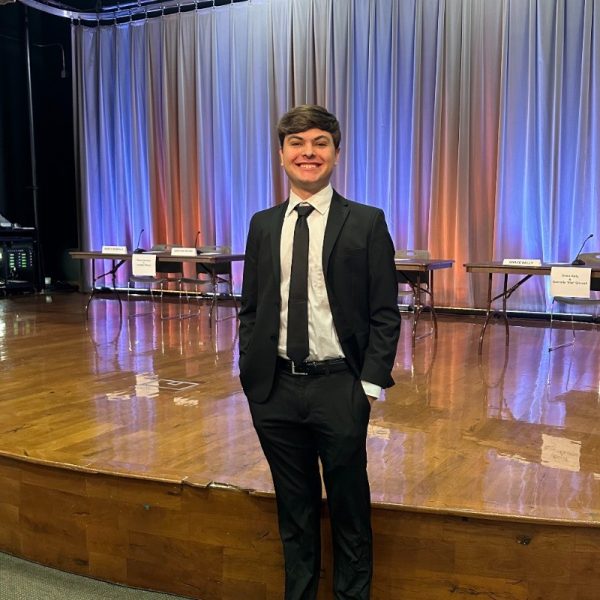Lt. Gov. Dan Patrick released the final 15 of his top 40 priority bills for the 89th Legislative Session March 14, the session’s filing deadline. The latest targets of his focus in the Senate include laws around abortion, bail changes and faculty councils in higher education.
“We are moving rapidly to ensure all these bills, which reflect the will of the conservative majority of Texans, have ample time … to be signed into law,” Patrick said in a press release. “Working together with the House, this could be the best session ever for all Texans and especially for conservatives.”
Patrick has prioritized most of Gov. Greg Abbott’s seven emergency items in his top 40, and has not stayed away from controversy. From book bans to drag shows, here are some of the bills to watch this session and where they currently stand.
Education
In addition to vouchers, Patrick prioritized a number of bills that would affect both K-12 and higher education. Here are some to keep an eye on this session.
SB 37 greatly expands the power of a university’s governing board, which for UT is the Board of Regents. The bill would require governing boards to approve candidates for vice president, provost, associate or assistant provost and deans, as well as all non-STEM tenure positions, in addition to their current review of an institution’s president. It would also empower the board to overturn any decision made by any entity or individual under its authority. The bill would also require reports on the governing board’s decisions to be provided to the governor annually.
The bill also states that governing boards are the only ones permitted to establish a faculty council or senate, and that if established, they must limit each school or college to two tenured representatives, one of which is appointed by the president. For reference, UT’s College of Natural Sciences has over 700 faculty members, while the School of Architecture has closer to 90 — both would have the same representation in the council.
The body’s three leadership positions, which would communicate with university leadership, would be appointed by the university’s president. Positions on the council are limited to one-year terms that may not be held more than once every four years, and the council is solely advisory with no compelling authority.
Lastly, the bill would establish the “Office of Excellence in Higher Education,” which would act as an intermediary and authority between the legislature, the public and higher education institutions. The office’s director would be appointed by the governor, and the office would act as an investigative force tasked with reviewing allegations of policy or legislative violations and making recommendations to the Attorney General and an institution’s governing board. The bill was referred to the K-16 Education committee, and both SB 37 and its companion bill, HB 4499, are awaiting votes.
SB 10 and SB 11 would solidify religion’s role in Texas’ K-12 public schools. SB 10 requires the hanging of the Ten Commandments in a visible location in every classroom. The bill passed the Senate in a 20-11 vote and was referred to the House.
SB 11 allows districts to implement a designated period for prayer and the reading of the Bible or other religious texts. Students and staff would need a signed consent form to participate that waives the right to sue against the policy in the future. SB 11 passed through the Senate 23-7 and was referred to the House.
SB 12 established the “Parental Bill of Rights,” which, among many other changes, would mandate parents’ ability to restrict their child’s access to school well-being services. Parents would also be able to restrict their child from certain class materials. The bill also bans diversity, equity and inclusion practices in public schools. It passed the Senate 23-8 and was referred to the House.
SB 27 similarly establishes the “Teacher Bill of Rights,” which would require teachers to be provided with calendars that list all dates and shifts they will be required to work. It also limits the circumstances under which a teacher can be sanctioned by the certification board, and implements changes to student discipline protocols. The bill is currently in the Education K-16 committee, and has not yet received a vote.
Changes to how public school libraries operate are the subject of SB 13, which mandates that all additions to a school library be approved by a district’s Board of Trustees. It also requires that all parents have access to the library’s catalog and their child’s checkout record with the ability to restrict access to any book or library material they wish. SB 13 passed through the Senate 23-8 and awaits a vote in the House.
SB 24 is titled “Educating Texas Students on the Horrors of Communism.” The bill would require curriculum to include the actions of communist regimes in history and tactics used, and mandates that those actions and tactics be contrasted against the United States’ history. The bill advanced out of committee with unanimous approval but has not yet met the requirements to receive a vote in the full chamber.
Abbott’s Emergency Items
Gov. Abbott declared seven emergency items in his Feb. 2 State of the State Address, allowing them to advance further in the legislative session earlier than other bills or proposals. Five of the seven have been highlighted in Patrick’s priorities.
School Vouchers, also called school choice, were addressed in SB 2, which passed the Senate in a 20-11 vote and was referred to the House. The companion bill is HB 3, which is currently under review in the House Public Education committee. Vouchers are one of the most contested priorities this session, and HB 3 drew more than 20 hours of public discussion lasting until past 6 a.m. March 12. SB 2 establishes application-based Education Savings Accounts to fund up to $10,000 in private school tuition costs for individual Texas children or up to $2,000 in alternative-use educational funds for children not seeking a private school education.
Property Tax adjustments are proposed in SB 4, which was unanimously passed by the Senate and was referred to the House, which has also received companion bill HB 2611. SB 4 raises the homestead exemption, or property value eligible to be exempted from taxes paying for public schools by $40,000, though any changes would need to be approved by voters.
Investments in Water Infrastructure have been introduced in SB 7, which was referred to the Water, Agriculture and Rural Affairs committee and is scheduled for a public hearing. The bill would create an office dedicated to coordinating water supply projects across state and private departments. It would expand the uses of the Texas Water Fund, approved by voters in 2023, and projects it could be used for.
SB 7 would also establish the Texas Water Fund Advisory Committee to oversee the Fund’s use. The committee would be comprised of lawmakers and state emergency leaders. Notably, the bill only takes effect if a constitutional amendment funding the Texas Water Fund is approved by voters.
Bail changes took up two of Patrick’s top 40 — SB 9 and SB 40. SB 9 passed the Senate 28-2 and was referred to the House, where companion bill HB 75 is scheduled for a public hearing in the Criminal Jurisprudence committee this week. The bills expand restrictions on individuals accused of felonies, including forbidding bail for those in the United States illegally, increasing the number of judges with the ability to revoke bail and decreasing the power of magistrates to reverse bail decisions. It also increases requirements on charitable bail organizations, which provide bail for those that can’t afford it.
SB 40 passed the Senate 29-1 and was referred to the House, where companion bill HB 76 is scheduled for a public hearing in the Criminal Jurisprudence committee with HB 75.
SB 26 intends to increase teacher pay by making it easier for teachers to be certified and financially incentivizing schools that implement performance-based evaluations under state standards. It also establishes liability insurance for teachers while also raising base incomes and income for teacher’s with longer careers. SB 26 was unanimously approved by the Senate and has been referred to the House.
Gov. Abbott’s emergency items regarding the expansion of career training and the establishment of the Texas Cyber Command do not hold spots in Patrick’s top 40. SB 1, the state’s proposed budget, does include funding for Career and Technological Education programs, as well as for cybersecurity initiatives, but both are standard investments.
Other bills to watch
The lieutenant governor’s top 40 bills go beyond education and the Governor’s emergency items. Here are a handful of others to keep an eye on.
SB 3 proposes a ban on THC, a key compound in marijuana. It also establishes a number of criminal offenses relating to the sale and use of THC in the state. The bill was approved by the Senate 26-5 and was referred to the House.
Under SB 8, every sheriff’s office in the state would be required to attempt to form a partnership with Immigration and Customs Enforcement wherein local law enforcement would enforce federal immigration laws. Sheriffs that don’t comply could be taken to court by the attorney general. SB 8 is currently in the Senate State Affairs committee and awaits a vote.
SB 16 would require those attempting to register to vote to provide documentation verifying their citizenship status. The added requirement would not allow volunteer deputy registrars, who process the vast majority of applications, to review those documents on behalf of a County’s registrar. Those that don’t fulfill the additional requirement would only be allowed to cast a limited ballot that doesn’t include state offices. SB 16 was referred to the State Affairs committee and awaits a vote.
SB 18 says libraries would lose all state funding if an individual “dressed as the opposite gender” reads to minors. The bill passed the Senate 20-11 and has been referred to the House
Patrick also highlighted two bills relating to abortion in his priority list. SB 31 attempts to clarify Texas’ abortion ban and further elaborate on when physicians are permitted to provide life-saving medical treatment to a pregnant individual. SB 33 imposes restrictions on those offering financial or logistical assistance to people seeking an abortion, including people or organizations outside of Texas. The bill also limits any practices that would increase access to abortion-inducing medication. Both bills have been referred to the State Affairs committee and await a vote.
The remaining priority bills for the Lieutenant Governor are titled:
- SB 1, the state’s budget
- SB 5, establishing the Dementia Prevention and Research Institute of Texas
- SB 6, increasing Texas’ Electric Grid Reliability
- SB 14, Texas DOGE – improving Government Efficiency
- SB 15, removing barriers to affordable housing
- SB 17, stopping foreign adversaries’ land grabs
- SB 19, stopping taxpayer dollars for lobbyists
- SB 20, stopping AI-generated child pornography
- SB 21, establishing the Texas Bitcoin Reserve
- SB 22, establishing Texas as America’s film capital
- SB 23, removing the cap on the Rainy Day Fund to secure Texas’ long-term financial future
- SB 25, making Texas healthy again
- SB 28, banning lottery couriers
- SB 29, Incorporate Texas!
- SB 30, curbing nuclear verdicts
- SB 32, business tax relief
- SB 34, wildfire response
- SB 35, competing for quality roads
- SB 36, establishing a Homeland Security Division within DPS
- SB 38, stopping squatters
- SB 39, protecting Texas Trucking
TSTV News will continue to provide updates as the 89th legislative session progresses.

